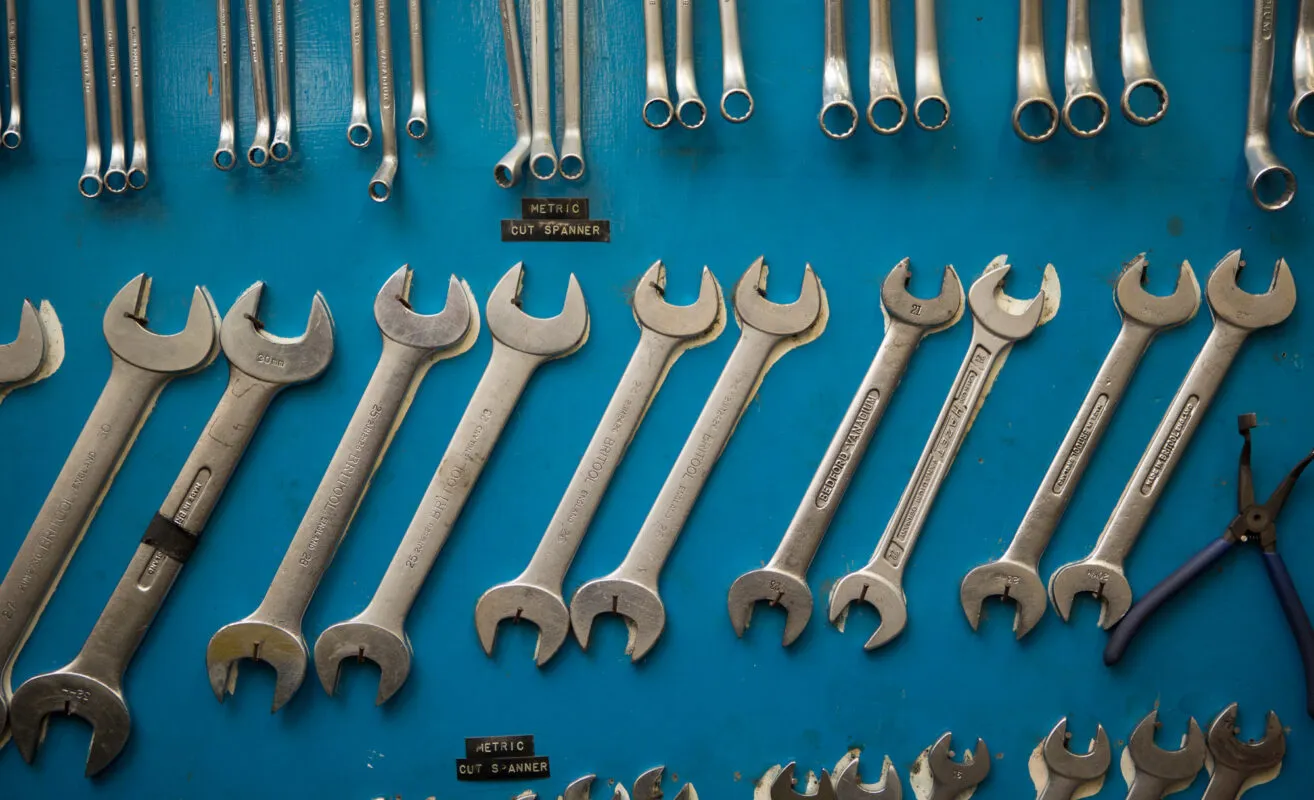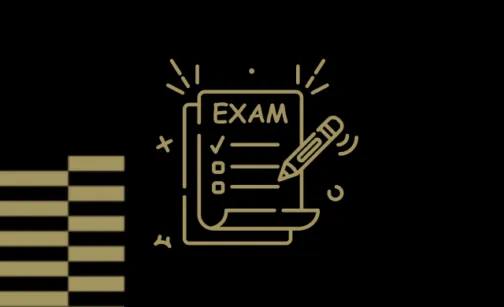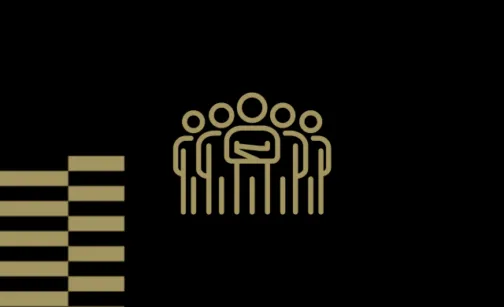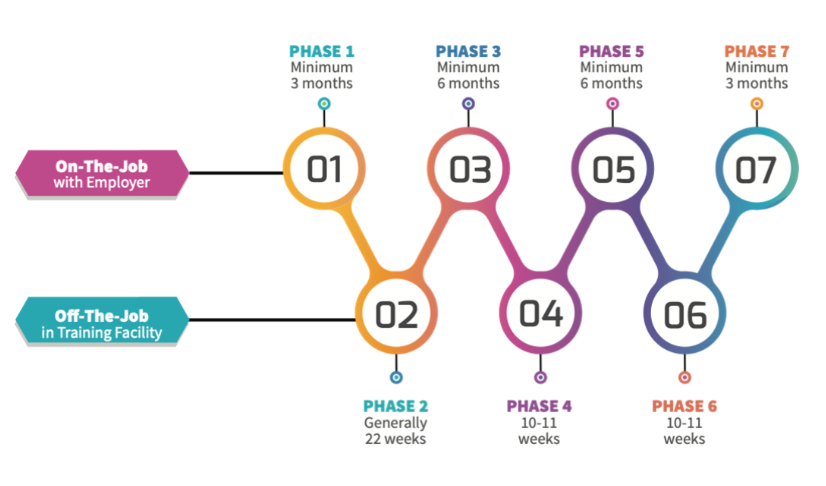
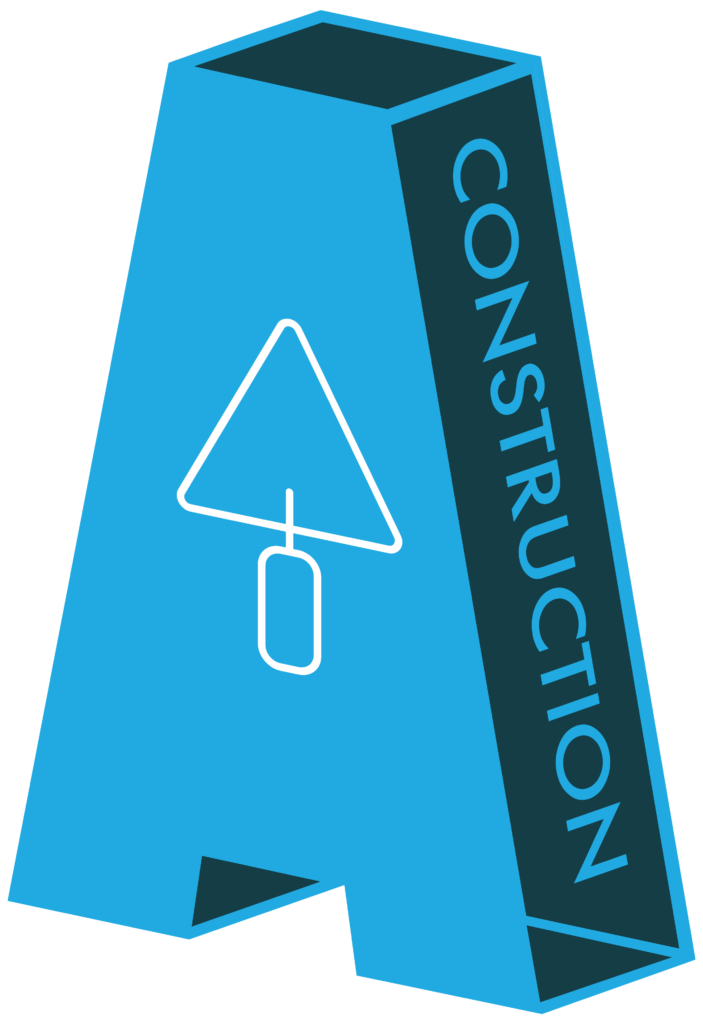
Entry Requirements
Applicants for the programme must be employed on an Apprenticeship contract of employment.
Applications to register an apprentice can only be submitted by a Registered Employer.
Applicants must meet the entry requirements as follows:
Minimum age: 16
Education:
- Grade D in five subjects in the Department of Education & Skills Junior Certificate (or approved equivalent), or;
- Successful completion of an approved Pre-Apprenticeship course, or;
- Three years’ relevant work experience (gained over 16 years of age) in designated industrial activity acceptable to SOLAS.
In certain crafts, applicants must pass a colour vision test approved by SOLAS. Prior experience in Mathematics, Technical Drawing/Graphics, Metalwork, Construction Studies, Engineering, Physics, and Technology is advantageous but not essential.


